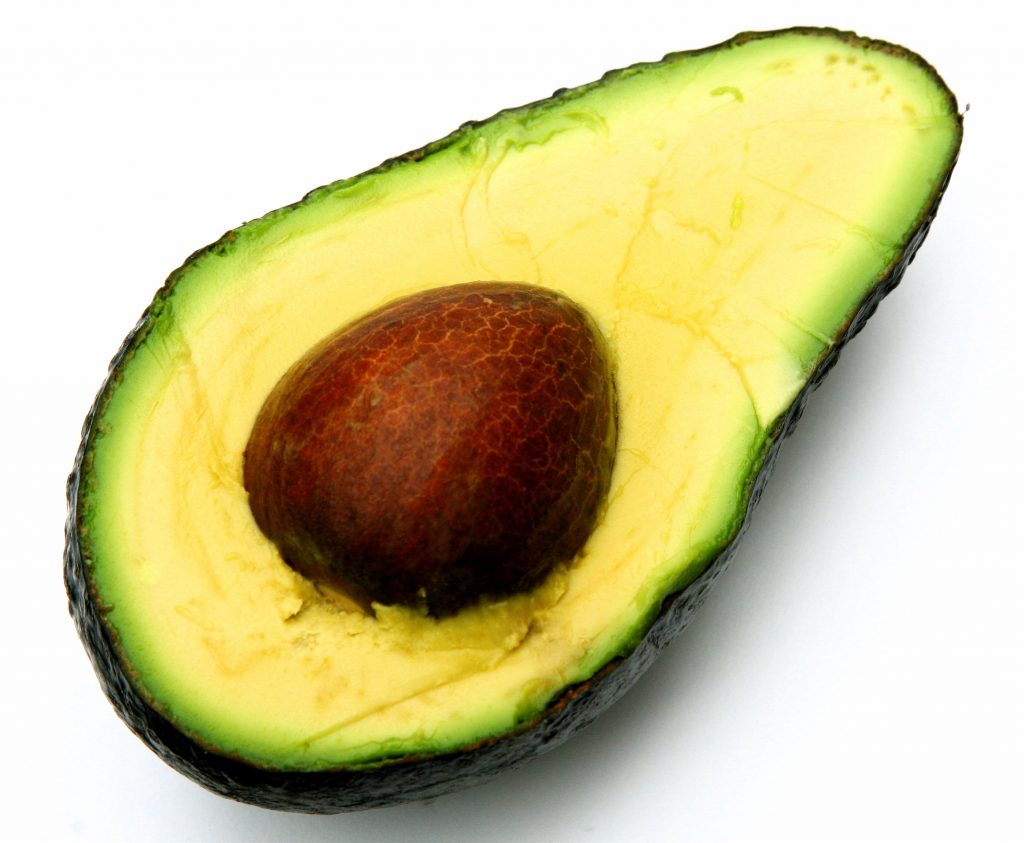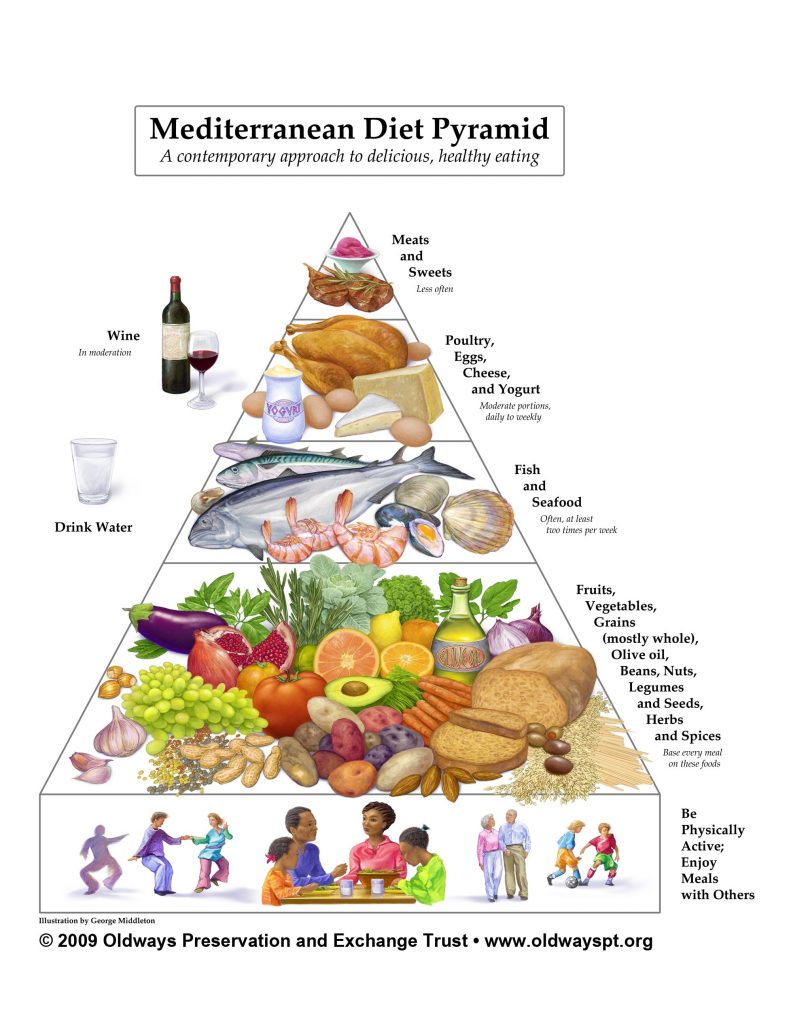Are you eating the right foods to fight inflammation?
Inflammation is a vital part of your immune system’s response to infection, wounds, injury and other forms of harm. It is your body’s way of telling the immune system to heal and repair damaged tissue, as well as defend itself against foreign invaders, such as viruses and bacteria. Without inflammation, wounds would become worse, and infections could become deadly.
However, many medical conditions are related to faulty inflammatory responses. These conditions are collectively referred to as chronic inflammatory diseases. When the inflammatory process persists for too long or it occurs in places where it’s not needed, it can become do more harm than good.
Chronic inflammation has been linked to a heap of seemingly unrelated conditions such as depression, dementia, heart disease and stroke. It may also lead to an autoimmune disorder, such as rheumatoid arthritis, psoriasis or lupus. The good news it – smarter diet and lifestyle choices can help keep inflammation under control!

An anti-inflammatory diet can help treat and manage many conditions
-
Rheumatoid arthritis
-
Psoriasis
-
Asthma
-
Crohn’s disease & Colitis
-
Diabetes
-
Obesity
-
Metabolic syndrome
-
Heart disease
-
Lupus
-
Hashimoto’s disease
-
Ankylosing spondylitis
-
Depression
Many foods have been touted as super-foods but actually a there a lot of lower profile, every-day foods that have anti-inflammatory properties and deserve a starring role in your diet. When it comes to diet there just isn’t an ideal that works for everyone… but without doubt, the front runner in the one-size-fits-all approach is the Mediterranean diet. The Mediterranean diet incorporates all the key elements of healthy eating — plus a splash of delicious olive oil and perhaps the odd glass of red wine!
The typical Mediterranean diet includes lots of fish, fresh fruits and vegetables, and healthy fats; a moderate amount of nuts; and very little red meat. But ‘the Mediterranean way’ is more of a way of life than a diet per se… this largely plant based diet is often, at least in part, home grown and the Mediterranean ‘healthy eating pyramid’ has a whole extra layer that focuses on the importance of social and physical activity as part of the overall approach to health and life.
One of the key, health-giving strengths of the Mediterranean diet is the fact that it is largely an ‘Anti-inflammatory diet’. An anti-inflammatory diet is basically a diet that focuses on limiting or avoiding foods that promote inflammation, and eating plenty of foods that tend to reduce inflammation. This might sound like a fairly complicated way of looking at things, but the idea really can be implemented into every-day life pretty easily.

The golden rules for fighting inflammation with food
1. Avoid any food that tends to make you feel unwell, bloated, gassy or mucousy.
These are all tell-tale signs that your body is mounting an immune response to the foods that you’re eating and this means it’s promoting inflammation. These are not allergies but simply sensitivities that we ought to be mindful of, eating small amounts of these foods from time to time is unlikely to do you any great harm but over-consuming them can contribute to chronic inflammation.
Learning to listen to your body really is the first step in eating well.
2. Try to avoid processed foods as much as possible.
Highly processed foods are problematic in several ways.
Many of the chemicals added to foods to extend shelf life are known to cause low level gut inflammation. Typically not enough inflammation to cause gastric distress but enough to make the gut more permeable and to stimulate the immune system.
Highly processed, refined carbohydrates are also problematic. They not only contribute to chronic inflammation but increase the risk of developing pathologies that further distort immune and inflammatory responses – think diabetes and heart disease.
Again these types of foods might be okay once in a while but we all need to be mindful of how much processed foods creep into our staple foods. Manufactured breads, pastas, white rice and sauces are the common culprits here. And cooking oils and spreads that are high in omega-6 fatty acids, such as corn, safflower and sunflower oils really should be avoided.
3. Try to limit take away foods.
Apart from the salt, sugar and fat overload in so many take away meals and the havoc that wreaks on our metabolism regulating hormones, there is the other evil of bacterial overload that so often comes from foods that are kept warm for prolonged periods.
We all understand the concept that bacteria stimulate the immune system to produce inflammation but some how we forget that it applies to the food we eat… so next time you see food being kept nicely warmed to 35-45 degrees in a bain marie just remember that that also happens to be the perfect incubation temperature for all kinds of nasties.
Freshly prepared food really is best.
4. Try to eat a wide variety of different coloured, fresh fruits and vegetables every day.
If you want to dive a little deeper than that – there is some evidence to suggest that eating certain foods can be protective against excessive or chronic inflammation, so eating more of these can be a good place to start.
These foods or food components have all been shown to help reduce some key aspect of the inflammatory response.
Omega-3 fatty acids
These are our ‘good fats’ and they play a vital role in maintaining a healthy immune responses, healthy hearts and healthy brains. So where do we get these fats from?
Fish, nuts and seeds – Salmon, herring, mackerel, sardines, anchovies, rainbow trout, oysters, eggs, flaxseed (seeds & oil) and walnuts. These are all great sources of omega-3 fatty acids.
Extra-virgin olive oil
Olive oil is another one of the good fats and it’s not only anti-inflammatory but again, heart and brain protective. These benefits are greatest when olive oil is consumed unheated so it’s best added at the end of cooking to maximise anti-inflammatory effects.
But we all like to cook with oil and the good news is that olive oil is also quite stable at high temperatures – this is a really important factor when choosing cooking oils. Most oils create some toxic elements when heated and repeated heating leads to higher toxicity. So always use fresh oil for each batch of cooking.
Antioxidants
Antioxidants are reactive molecules that naturally occur in food, that reduce the number of free radicals. Free radicals are molecules in the body that may damage cells and increase the risk of certain diseases like arthritis. So, a diet higher in antioxidants may help prevent, slow or limit the progression of arthritis and potentially relieve pain.
Some fruits and vegetables such as blueberries, apples, and leafy greens are high in natural antioxidants.
Vitamin C
We all know how important vitamin C is and you can find it in a heap of places more exciting than an orange…
Guava, sweet peppers, mandarin, grapefruit, kiwi fruit, strawberries, pineapple, lemons, broccoli, kale, brussels sprouts, kidney beans, cauliflower, red cabbage, mangos..
There is no one magic food to reduce inflammation, the key is to aim for an overall healthy diet.
This won’t just aid inflammation, it will likely improve your mental health and mood, and enhance your overall quality of life.
Eat more of these |
|---|
|
Eat less of these |
|---|
|



